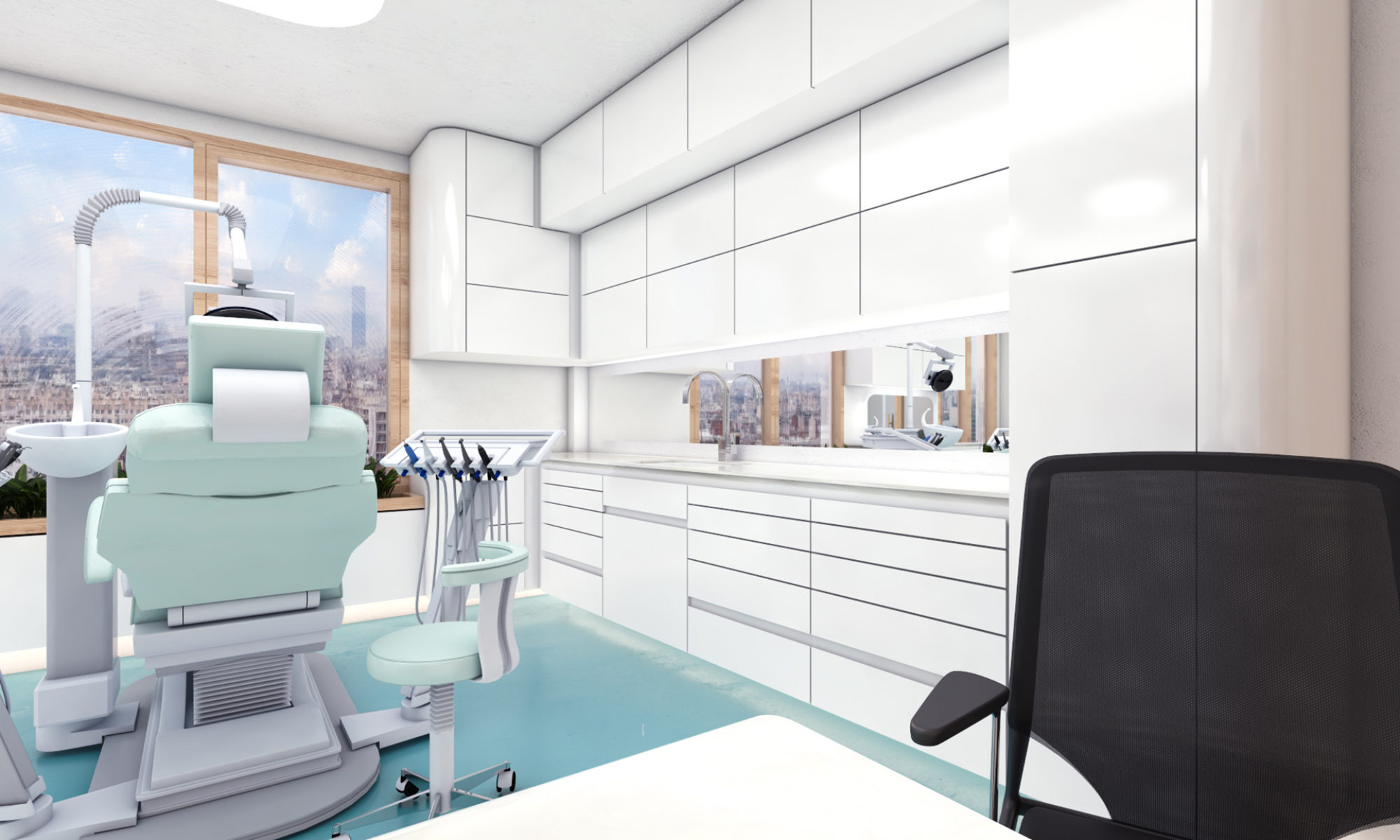
Many dental procedures, such as caries treatment, tooth extraction, dentures, are performed under local anesthesia. In dentistry, innovative drugs are used for pain relief, which have no contraindications and side effects, but sometimes patients complain of pain in the area of the treated tooth after the frost has “passed away”. What is the reason for this and should I be worried?
The choice of an anesthetic in each case is determined by the characteristics of the disease and individual indicators of the patient’s health. So, small caries can be treated without anesthesia. Treatment of moderate caries, pulpitis and periodontitis is necessarily carried out with anesthesia. The injection itself is absolutely not felt by the patient: before the injection, application anesthesia is used, which excludes the sensitivity of the cheek, palate or gums. Without fail, anesthesia is carried out during the extraction of teeth. The dosage of the pain reliever depends on the age, weight of the patient, the expected duration of the treatment procedure and other factors.
In some cases, patients report discomfort several hours after the treatment. As a rule, there is a slight pain in the injection area and a slight swelling of the cheek. This is a normal reaction of the body to medications, due to your personal sensitivity threshold. These sensations do not pose any danger and do not require an appointment with a specialist. A little pain after tooth extraction, during which gum incisions were made, is also absolutely normal. If necessary, dentists recommend painkillers that need to be taken for the disappearance of unpleasant symptoms a few hours after treatment.
Another question is if the pain is intense enough, accompanied by an increase in body temperature and noticeable swelling. In this case, it is necessary to report the symptoms to the attending physician. You should not endure pain and drink anesthetics if the pain lasts more than two days after a dental procedure.
In any case, you should not worry if, for example, you have a fever or a slight swelling after the extraction of a tooth. In 99% of cases, this is nothing more than an individual reaction of the body to surgical intervention.
